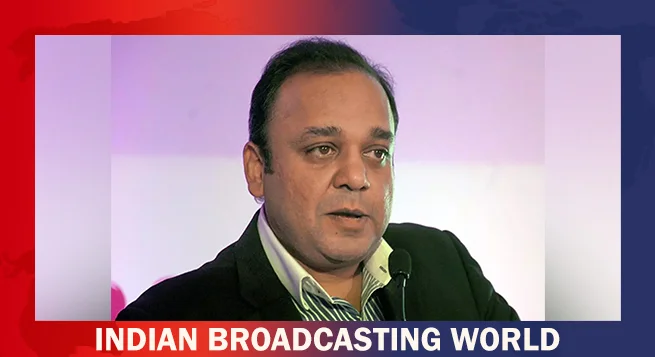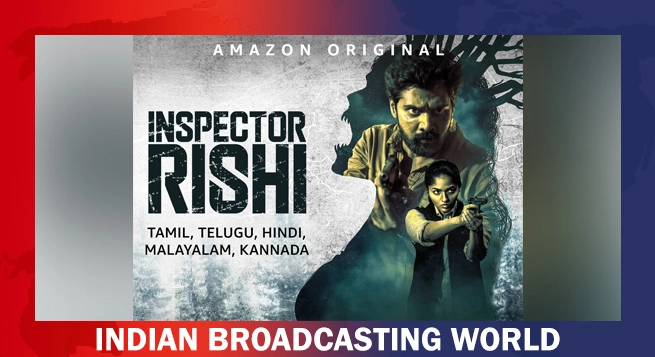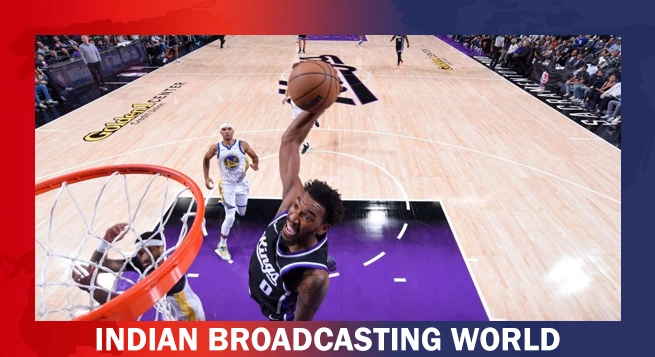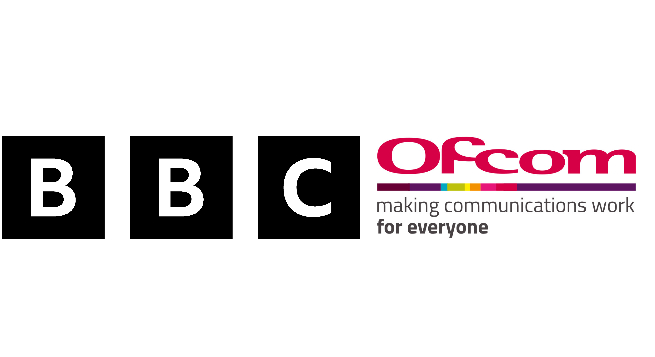Too many people lack confidence in BBC complaints process, which must improve, Ofcom said Wednesday, adding audiences consistently rate it less favourably for impartiality.
To make that happen, the British media regulator has also introduced new regulation to make the BBC more transparent and open.
“The BBC must be much more open and clear with audiences about how it handles their complaints, responds to concerns and meets viewers’ and listeners’ needs,” Ofcom warned in a detailed note published on its website.
It added: “As we approach the mid-point in the BBC’s current Charter period, we have been reviewing the BBC’s performance and our future regulation of it. As part of this, we have tracked audiences’ experiences and interactions with the corporation, and their feelings towards it.”
The ofcom study showed that one in nine people have had a reason to complain about the BBC. However, most of those do not actually make a complaint, with many respondents commenting it would “not make a difference or be taken seriously”.
These concerns are nearly twice as high for the BBC than for other broadcasters.
Asked about BBC news and current affairs, although the audiences rate its news highly for trust and accuracy, conversely they rate it less favourably on impartiality, according to the regulator.
“We are now directing the BBC to change its policy and publish sufficient reasoning in cases where it decides not to uphold due impartiality and due accuracy complaints. We are also expecting the BBC to alert us at an early stage to potential serious editorial breaches. This will allow us to better scrutinise how the BBC’s complaints process is working in practice and, if necessary, to intervene early to protect audiences.
“If the BBC fails to do this, we will recommend that the Government makes this a legal requirement,” the regulator’s statement made clear its intentions.
While the BBC is still generally popular with viewers and listeners, the way content is consumed has changed dramatically over the last 10 years and is still evolving rapidly. The BBC, Ofcom feels, therefore needs to keep developing its online services, while continuing to deliver distinctive, original UK content.
“Viewers and listeners tell us they aren’t happy with how the BBC handles their complaints, and it clearly needs to address widespread perceptions about its impartiality. So we’re directing it to respond to these concerns, by being much more transparent and open with its audiences.
“The BBC must also adapt quickly to keep up with changes in what audiences want, and how they get their content. We’re doing our bit, by future-proofing our regulation so the BBC can continue its transformation for the digital age,” Dame Melanie Dawes, Ofcom’s Chief Executive said.
Audience Feedback: In total, 11 percent of adults had cause to complain about the BBC in the last year. This is the highest level among broadcasters (6 percent for ITV, 4 percent for Channel 4), but lower compared with other industries (21 percent for online retailers, 15% percent for energy companies), the Ofcom study of audiences has highlighted.
Complaints tend to relate to bias (39 percent) and misleading/dishonest content (26 percent). The regulator’s research suggests the BBC is more than twice as likely to attract complaints about these issues compared to the other public service broadcasters.
Unlike other broadcasters, the ‘BBC First’ complaints system, agreed by the British Parliament, gives the BBC an opportunity to respond to complaints before they are escalated to Ofcom. And, while people are generally not opposed to this system in principle, the research uncovered a number of issues:
# Lack of awareness. Only 21 percent of participants were aware of the BBC First process. Fewer still (7 percent) were fully aware of all the steps involved in making a complaint.
# Dissatisfaction with responses: Fewer than one in five complainants told us they had a satisfactory complaints experience, and over half reported a bad experience. Others were concerned about the tone and detail of response.
# Too long to respond: Fewer than half of complainants said they received an initial substantive response within two weeks, the BBC’s target response time.
# Around two thirds of UK adults, who have cause to complain, do not go on to make one at all, with 42 percent feeling it would not make a difference and 29 percent feeling it would not be taken seriously.
# 11 percent of adults had cause to complain about the BBC in the last year
 Network18 TV news biz revenue up 28% in Q4 FY24
Network18 TV news biz revenue up 28% in Q4 FY24  As Zee gets lean, Punit Goenka in charge of critical verticals
As Zee gets lean, Punit Goenka in charge of critical verticals  ‘Inspector Rishi’ emerges as Prime Video India’s top Tamil original series
‘Inspector Rishi’ emerges as Prime Video India’s top Tamil original series  News18 Tamil Nadu presents live coverage of Tamil Nadu polling day
News18 Tamil Nadu presents live coverage of Tamil Nadu polling day  Netflix confirms Final Season of ‘The Witcher’
Netflix confirms Final Season of ‘The Witcher’  Anurag Basu’s ‘Metro… In Dino’ set for November 2024 release
Anurag Basu’s ‘Metro… In Dino’ set for November 2024 release  NBA TV rights talks with Disney, Warner expected to collapse: CNBC
NBA TV rights talks with Disney, Warner expected to collapse: CNBC 







